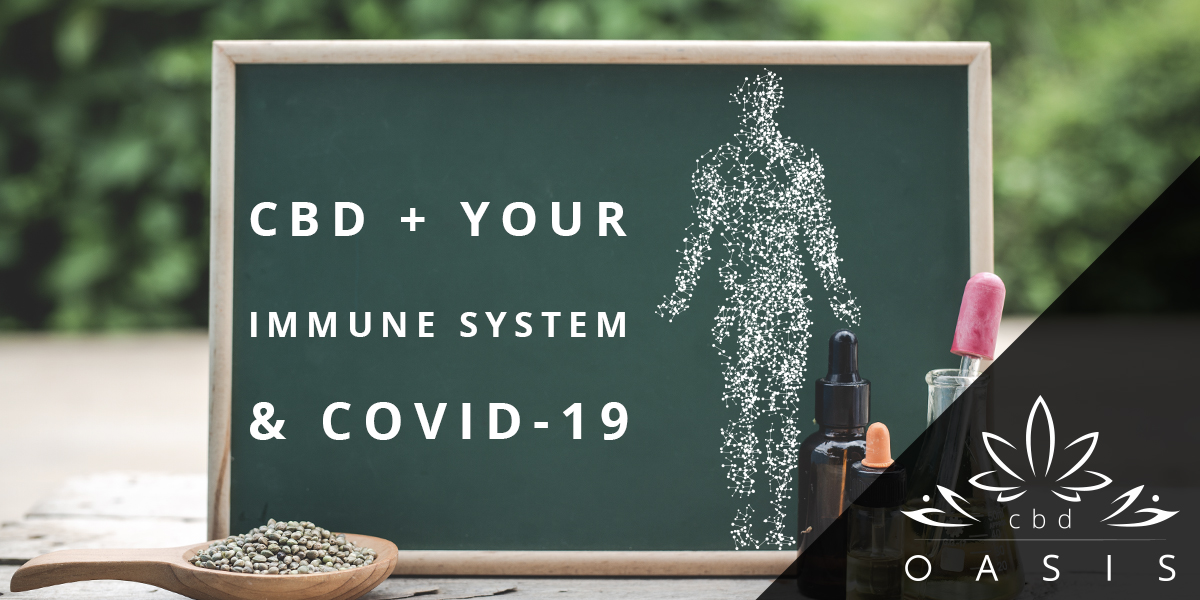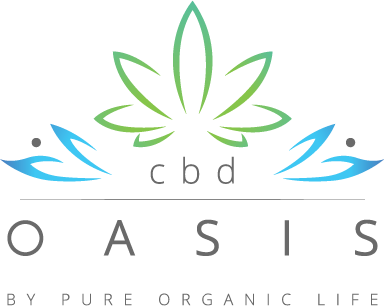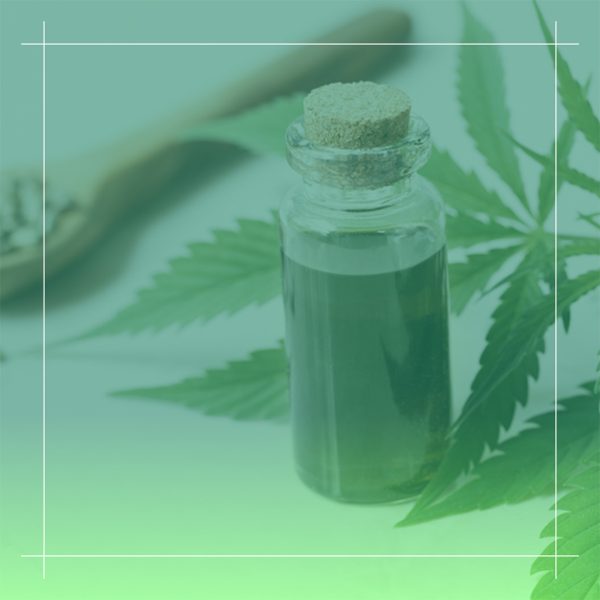CBD, Your Immune System And The Coronavirus ( COVID-19 )
- cbd OASIS
- March 13, 2020
- 5:36 pm
- No Comments

- Social Share
Related Products

CBD and your immune system
Studies reveal that CBD possesses anti-inflammatory properties, which can be helpful in suppressing the immune system by reducing inflammation. As most of the autoimmune diseases are caused by inflammation, CBD tends to be very effective in strengthening the immune system. CBD is an immune suppressor so it has positive effects when the immune system becomes hyperactive or weakened. A hyperactive immune system causes overreaction when met with allergens or diseases and can even self-harm the body. As the case of multiple sclerosis, in which the immune system becomes hyperactive and damages the central nervous system by destroying nerve fibers and scar tissues. Recently, CBD has been proven to be effective in reducing the pain in patients of multiple sclerosis by improving mobility.
How CBD influences inflammation
Inflammation, besides its negative aspects, is vital for the immune system to inhibit infections. Inflammation is the immune response required to stop the diseases from spreading by isolating the damaged and infected cells. Therefore, inflammation is needed to fight certain diseases in the body and preventing it can weaken the immune system. However, CBD can also be used to maintain a balance between the functions of the immune system.
The immune system has two ways in which it fights against diseases, the cell-mediated immunity and humoral immunity. Maintaining the right balance between the immunities is required in order to keep the immune system’s functions optimal. The endocannabinoid system is said to control and regulate the proper balance between humoral and cell-mediated responses. Therefore, the stimulation of ECS through active cannabinoids like CBD helps in enhancing the health, balance, responsivity and functions of the immune’s system. The CBD and ECS are extremely involved in maintaining the optimal functioning immune system.
The consumption of CBD for maintaining immune system should always be advised by the professionals. One must regularly monitor himself in order to achieve the desired outcomes after the consumption of CBD.
Next, let’s move on to COVID-19 and how to detect and take precautions against it.
Symptoms of COVID-19
Those who are infected with COVID-19 may have little to no symptoms. You may not know you have symptoms of COVID-19 because they are similar to a cold or flu.
Symptoms may take up to 14 days to appear after exposure to COVID-19. This is the longest known infectious period for this disease. We are currently investigating if the virus can be transmitted to others if someone is not showing symptoms. While experts believe that it is possible, it is considered to be rare.
Symptoms have included:
- fever
- cough
- difficulty breathing
- pneumonia in both lungs
In severe cases, infection can lead to death.
If you become ill
If you feel sick during travel to Canada or upon arrival, inform the flight attendant, cruise staff or a Canadian border services officer. They will decide whether you need further medical assessment by a quarantine officer.
If you are ill and must visit a health care professional, call ahead or tell them when you arrive that you have a respiratory illness. You may be asked to wear a mask while waiting for or receiving treatment to prevent the spread of the illness.
If you have travelled abroad and you develop fever, cough or difficulty breathing in the next 14 days:
- isolate yourself within the home as quickly as possible and
- call your health care provider or public health authority
Tell them your symptoms and travel history. Let them know whether you have had direct contact with animals or a sick person, especially if they have had symptoms.
Being prepared
It is important to know how you can prepare in case you or a family member become ill.
Preventing coronavirus
If you have COVID-19, reduce contact with others
If you are sick, the following steps will help to reduce contact with others:
- stay at home and self-isolate (unless directed to seek medical care)
- if you must leave your home, wear a mask or cover your mouth and nose with tissues, and maintain a 2-metre distance from others
- avoid individuals in hospitals and long-term care centres, especially older adults and those with chronic conditions or compromised immune systems
- avoid having visitors to your home
- cover your mouth and nose with your arm when coughing and sneezing
- have supplies delivered to your home instead of running errands
- supplies should be dropped off outside to ensure a 2-metre distance
Hygiene
Proper hygiene can help reduce the risk of infection or spreading infection to others:
- wash your hands often with soap and water for at least 20 seconds, especially after using the washroom and when preparing food
- use alcohol-based hand sanitizer if soap and water are not available
- when coughing or sneezing:
- cough or sneeze into a tissue or the bend of your arm, not your hand
- dispose of any tissues you have used as soon as possible in a lined waste basket and wash your hands afterwards
- avoid touching your eyes, nose, or mouth with unwashed hands
- clean the following high-touch surfaces frequently with regular household cleaners or diluted bleach (1 part bleach to 9 parts water):
- toys
- toilets
- phones
- electronics
- door handles
- bedside tables
- television remotes
For more information, follow the links below to the canada.ca website.




